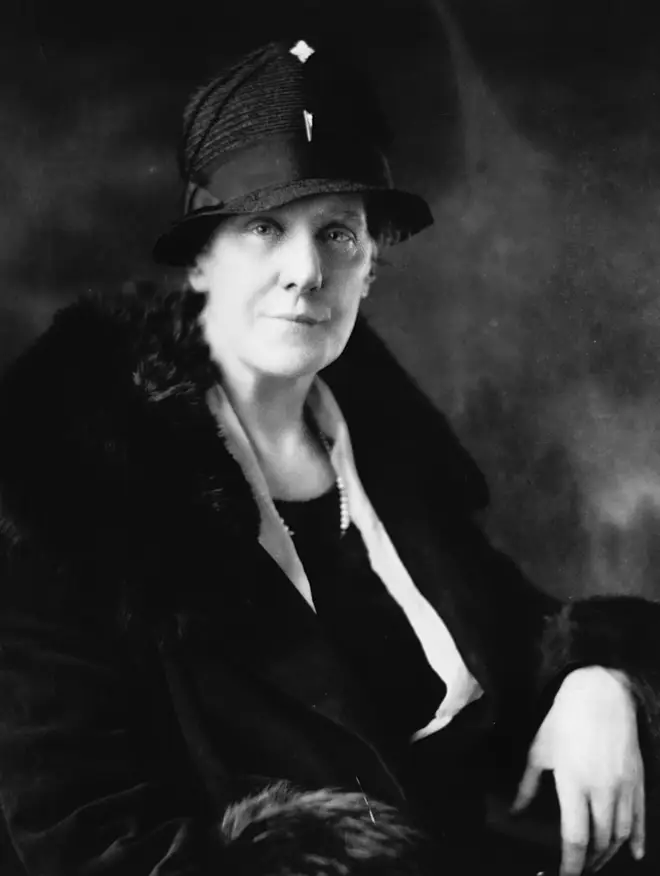On Air Now
Rob Howard and Kelly Brook 4pm - 7pm
28 February 2020, 14:23

Ahead of this year's Mother's Day celebrations, find out the origins of the holiday...
Mothering Sunday is a special time for a lot of families where we celebrate the mum figures in our lives.
But have you ever wondered where the tradition came from and why it was created? Here’s everything you need to know…
Celebrations of mums can actually be traced back to the ancient Greeks and Romans, who held festivals to honour the mother goddesses Rhea and Cybele.
In the Christian church, Mother’s Day comes from the early festival known as “Mothering Sunday.”
This falls on the fourth Sunday in Lent and was seen as a time when Christians would return to their “mother church” - the main church in their town - for a special service.

However, Anna Jarvis is often credited with founding the modern version of Mother's Day in the United States as an anti-war movement.
She wanted to honour the work her mum had done as a peace activist who cared for wounded soldiers on both sides of the American Civil War after her death.
To do this, she set aside a day to celebrate mothers, and despite originally rejecting the idea, In 1911 all U.S. states observed the holiday.
In 1914, Woodrow Wilson signed a proclamation designating Mother's Day, held on the second Sunday in May, as a national holiday to honour mothers.
Read More: Three quarters of parents rely on the internet to do kids' homework
By the early 1920s, Hallmark Cards and other companies started selling Mother's Day cards, but Anna accused them of exploiting the idea of Mother's Day and organised boycotts of the holiday.
She argued that people should appreciate and honour their mothers through handwritten letters expressing their love and gratitude, instead of buying gifts and pre-made cards.
Throughout the 1920s, Anna lobbied to have the holiday removed from the calendar of national holidays and spent thousands in lawsuits against profiteers she saw as using the Mother’s Day name in vain.
But by the 1940s, this commercialised version of Mother’s Day had reached the UK.